News
Jacobs is alive – Joke Silva dispels husband’s death rumour again
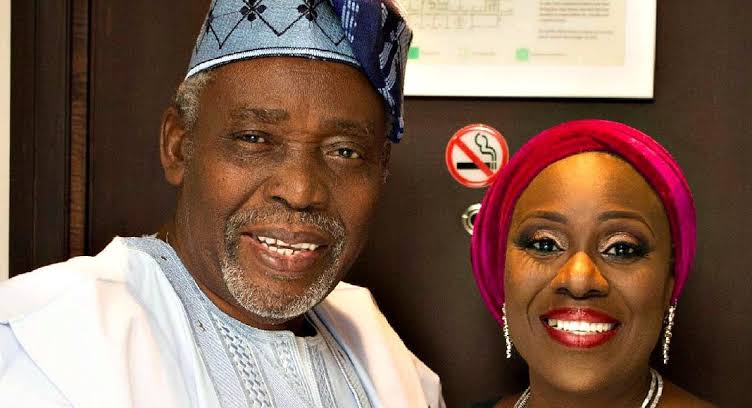
By Francesca Hangeior
Veteran Nollywood actress, Joke Silva has broken her silence on rumours going round on social media that her husband, Olu Jacobs is dead.
This is the second time rumours about the death of The ace Nigerian actor and film executive, whose real name is Oludotun Baiyewu Jacobs, will be making rounds on social media.
Debunking the rumour, his wife, Joke, said, “her husband is alive and doing just fine.”
Fondly called Uncle Olu by his colleagues and teeming admirers, Olu Jacobs has made his mark in the Nigeria’s movie industry.
With more than 40 years acting experience under his belt, Jacobs is seen as a bridge between the old and new breed of actors.
Trained at The Royal Academy of Dramatic Arts, England, Jacobs remains one of Africa’s creative gifts to the world, having worked with various repertoire theatres in Britain and starred in some international movies.
In 2007 he won the African Movie Academy Award for Best Actor in a Leading Role.
Olu Jacobs has distinguished himself as a godfather in Nollywood, paving a successful path for many emerging actors and actresses in the industry.
His love for acting was inspired by the late legendary film maker, Hubert Ogunde’s annual concert party which held at Colonial Hotel in Kano.
Thereafter, he travelled to England where he studied acting at the Royal Academy of Dramatic Arts in London. He has been described as ‘one of Nollywood’s finest actors, best role interpreter and the best manipulator of words’.
For his dedication to his acting career spanning over five decades, he was honoured with the Industry Merit Award for outstanding achievements in acting at the 2013 Africa Magic Viewers Choice Awards.’ Also, AMAA conferred its Lifetime Achievement Awards on him in 2016.
Olu Jacobs is married to veteran actress Joke Silva. The couple founded and operate the Lufodo Group, a media corporation that consists of film production, distribution assets and the Lufodo Academy of Performing Arts.
In England, he trained at The Royal Academy of Dramatic Arts in London. He then starred in various British television shows and series in the 1970s (e.g. The Goodies, Till Death Do Us Part, Barlow at Large, The Venturers, Angels, 1990, The Tomorrow People, The Professionals).
In 1978, he played the role of President Mageeba in Michael Codron’s presentation of Sir Tom Stoppard’s play Night and Day.
In the 1980s Jacobs starred in several international films some of which include John Irvin’s war film The Dogs of War, Roman Polanski’s adventure-comedy Pirates (1986) and the family-adventure film Baby: Secret of the Lost Legend (1985). On television he was a cast member in TVS’s The Witches and the Grinnygog.
Jacobs has subsequently starred in over 120 Nollywood films.
He is considered one of the top Nigerian Nollywood actors.”
News
Police ‘rescue’ landlord, daughter from k!dnappers clutches in Lagos

By Kayode Sanni-Arewa
Suspected gunmen abducted a landlord and his daughter in the Ijede area of Ikorodu in Lagos.
In a statement on Sunday, Benjamin Hundeyin, the Lagos police spokesperson, said the kidnappers abducted the victims on Wednesday.
Hundeyin added that on Saturday, the command rescued the kidnapped victims unhurt and handed them over to their family members.
According to the police spokesperson, the command has launched a manhunt for the perpetrators.
“The police received information that some kidnappers invaded Ijede community and kidnapped two persons,” the statement reads.
“Upon receipt of the report, police operatives were mobilised to the scene where it was observed that the kidnappers forcefully gained entrance into the house of a 40-year-old man, killed the security dog and kidnapped him.
“The kidnappers equally forced their way into the nearby house and kidnapped the landlord’s 25-year-old daughter.
“With the collaborative efforts of both the police joint task force and other stakeholders, the kidnapped victims were rescued unhurt and handed over to their family members.
“The area is relatively calm and being closely monitored, and efforts are ongoing to apprehend the wanted suspects.”
News
Just in: Tinubu extends immigration CG Nandap’s tenure till 2026
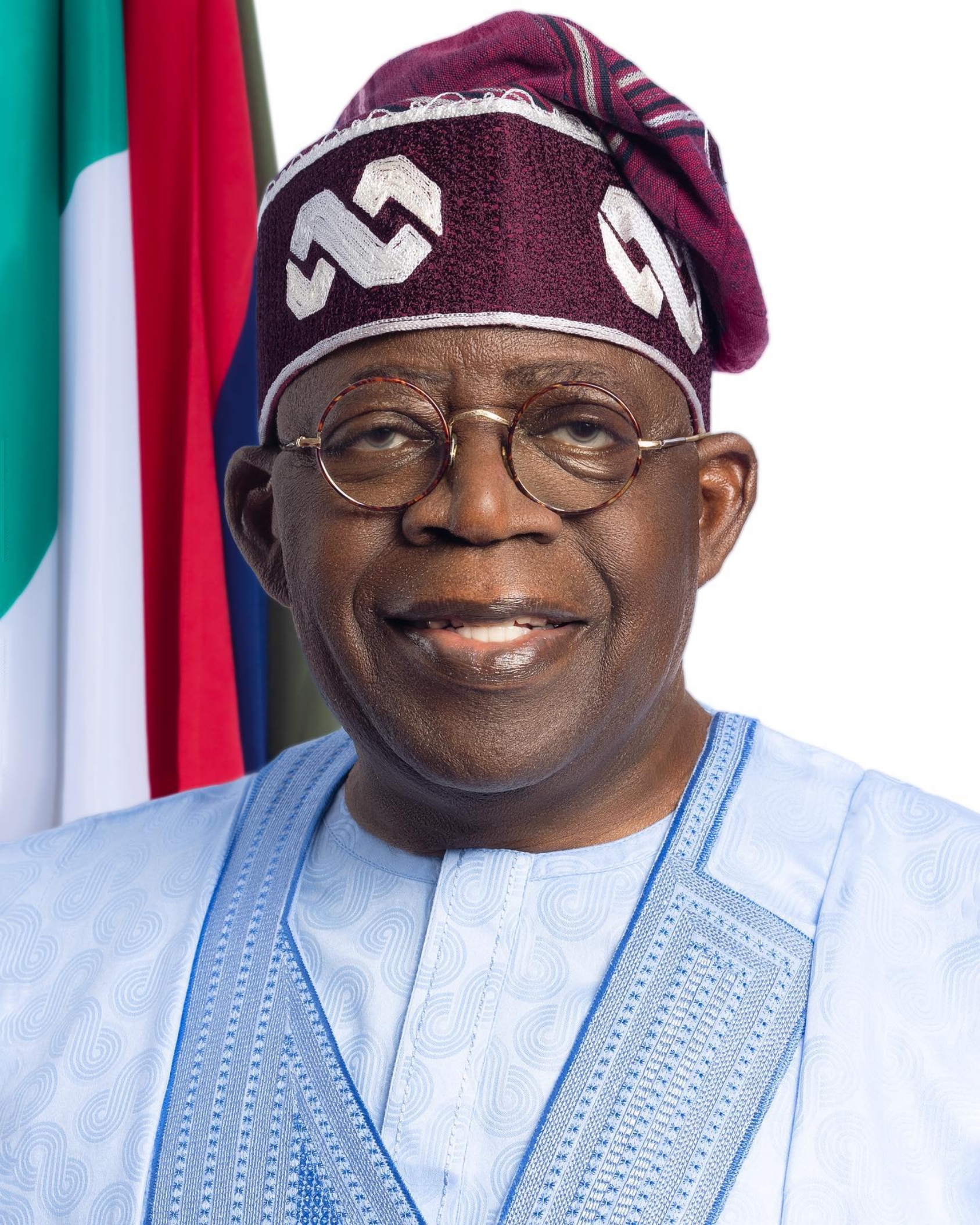
By Kayode Sanni-Arewa
President Bola Tinubu has approved the extension of the tenure of the Comptroller-General of the Nigeria Immigration Service, Kemi Nandap, until December 31, 2026.
Nandap, who joined the NIS on October 9, 1989, was appointed as Comptroller-General on March 1, 2024, with an initial tenure set to end on August 31, 2025.
A statement by the president’s Special Adviser on Information and Strategy, Bayo Onanuga, on Monday, said Tinubu commended Nandap for her leadership, noting improvements in border management, immigration modernisation, and national security under her watch.
“Under her leadership, the Nigeria Immigration Service has witnessed significant advancements in its core mandate, with notable improvements in border management, modernisation of immigration processes and national security measures.
“President Tinubu commended the Comptroller-General for her exemplary leadership and urged her to continue dedicating herself to the Service’s strategic priorities, which align with his administration’s Renewed Hope Agenda,” the statement read.
He also reaffirmed his commitment to supporting the NIS in safeguarding Nigeria’s borders and ensuring safe and legal migration.
News
Sad! Popular actor, Richard Chamberlain is dead
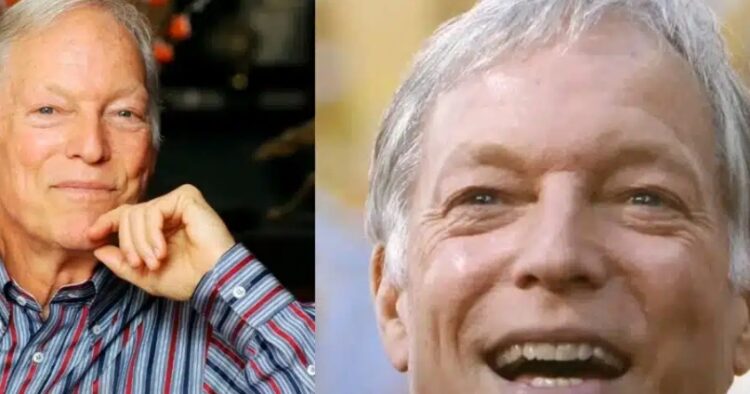
Tragedy strikes the entertainment world as American actor and singer, Richard Chamberlain, passes away, leaving an Irreparable void.
According to reports, the renowned actor passed away prior to his 91st birthday, following complications from a stroke.
His passing has sparked an outpouring of condolences from fans and industry colleagues alike, as they mourn the loss of a beloved talent and celebrate his enduring legacy.
Moreover, tributes have flooded social media, with many remembering Chamberlain’s iconic roles in ‘Dr. Kildare,’ ‘Shōgun,’ and ‘The Thorn Birds.
His contributions to the entertainment industry and his lasting impact on audiences worldwide are being widely acknowledged.
-
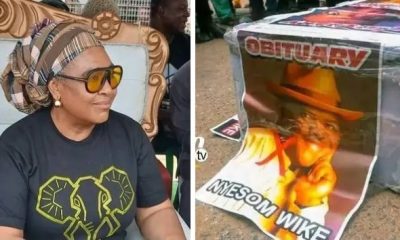
 News9 hours ago
News9 hours agoWike’s Aide reacts as photo appears online, points accusation finger at paid failed actress
-
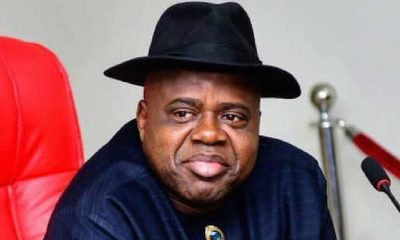
 News15 hours ago
News15 hours agoUpdated: WATCH moment Gov Diri’s Tech Adviser Kerry admits blowing up pipelines (Video)
-
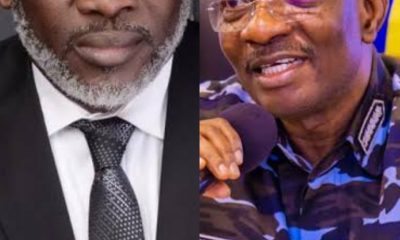
 News5 hours ago
News5 hours agoFormer HoR member, TeeJay Yusuf calls on IGP, Kogi govt, other agencies to curb rising insecurity in Okun-Yoruba
-
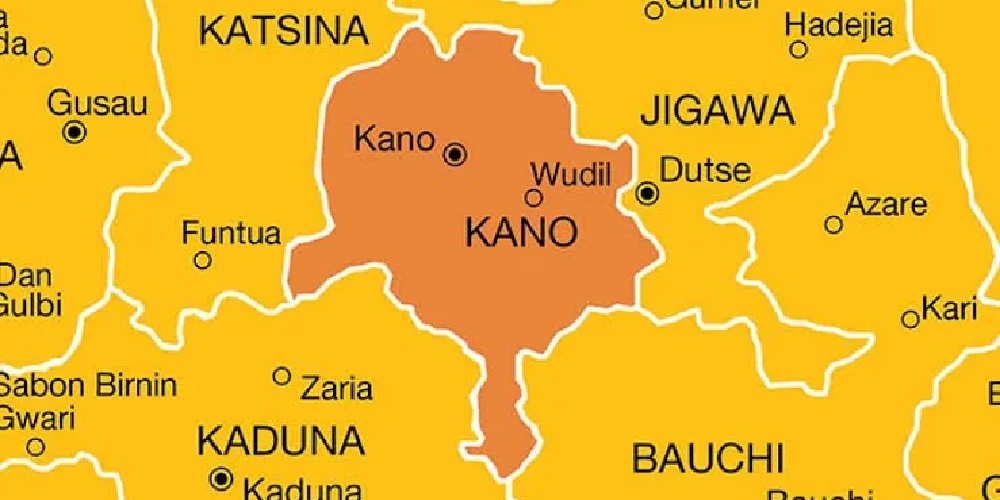
 News6 hours ago
News6 hours agoEdo Killings: Kano Govt Sends Fact-Finding Delegation, Demands Justice
-
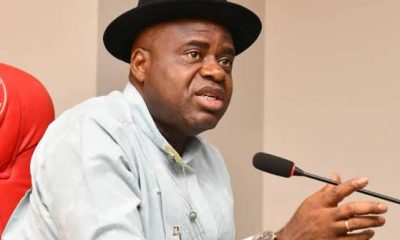
 News24 hours ago
News24 hours agoWATCH Gov Diri’s Tech Adviser, Kerry admits blowing up pipelines
-
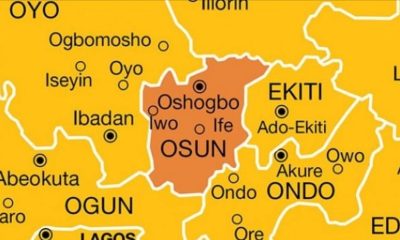
 News6 hours ago
News6 hours agoJust in: Popular Osun Monarch Joins Ancestors
-
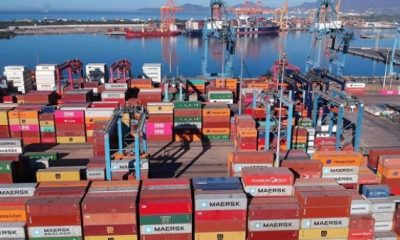
 News3 hours ago
News3 hours agoMali, Niger, Burkina Faso Impose 0.5% Levy On Goods From ECOWAS Nations
-
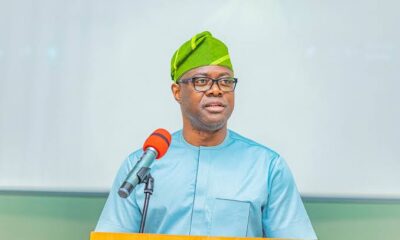
 News11 hours ago
News11 hours agoN24bn monthly salaries drive Oyo’s economic stability – Makinde assures






